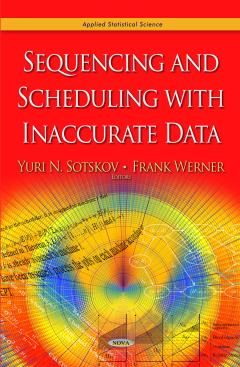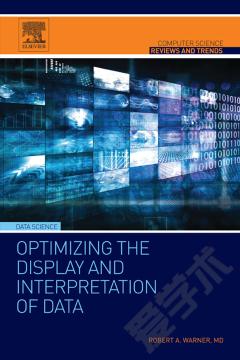Sequencing and Scheduling with Inaccurate Data
In many real-world applications, the problems with the data used for scheduling such as processing times, setup times, release dates or due dates is not exactly known before applying a specific solution algorithm which restricts practical aspects of scheduling theory. During the last decades, several approaches have been developed for sequencing and scheduling with inaccurate data, depending on whether the data is given as random numbers, fuzzy numbers or whether it is uncertain, i.e., it can take values from a given interval. This book considers the four major approaches for dealing with such problems: a stochastic approach, a fuzzy approach, a robust approach and a stability approach. Each of the four parts is devoted to one of these approaches. First, it contains a survey chapter on this subject, as well as between further chapters, presenting some recent research results in the particular area. The book provides the reader with a comprehensive and up-to-date introduction into scheduling with inaccurate data. The four survey chapters deal with scheduling with stochastic approaches, fuzzy job-shop scheduling, minmax regret scheduling problems and a stability approach to sequencing and scheduling under uncertainty. This book will be useful for applied mathematicians, students and PhD students dealing with scheduling theory, optimization and calendar planning.
{{comment.content}}








 京公网安备 11010802027623号
京公网安备 11010802027623号